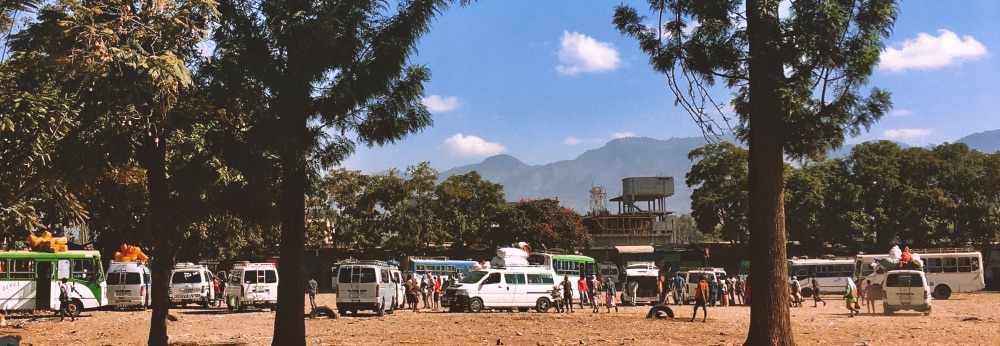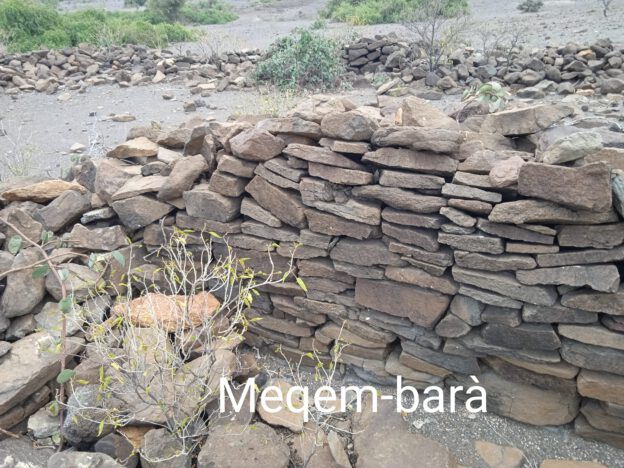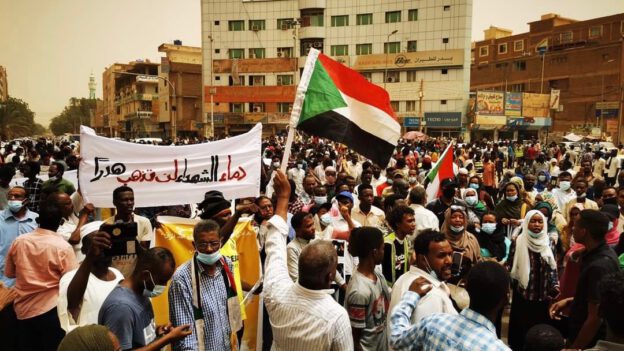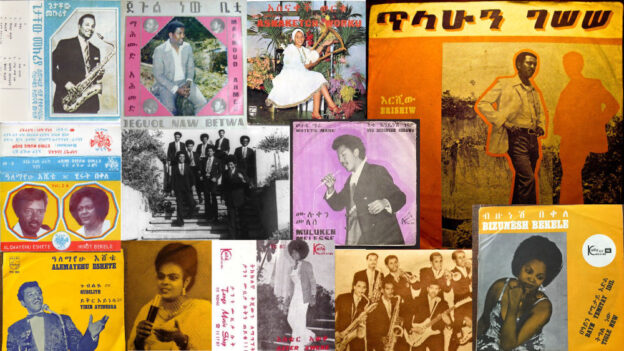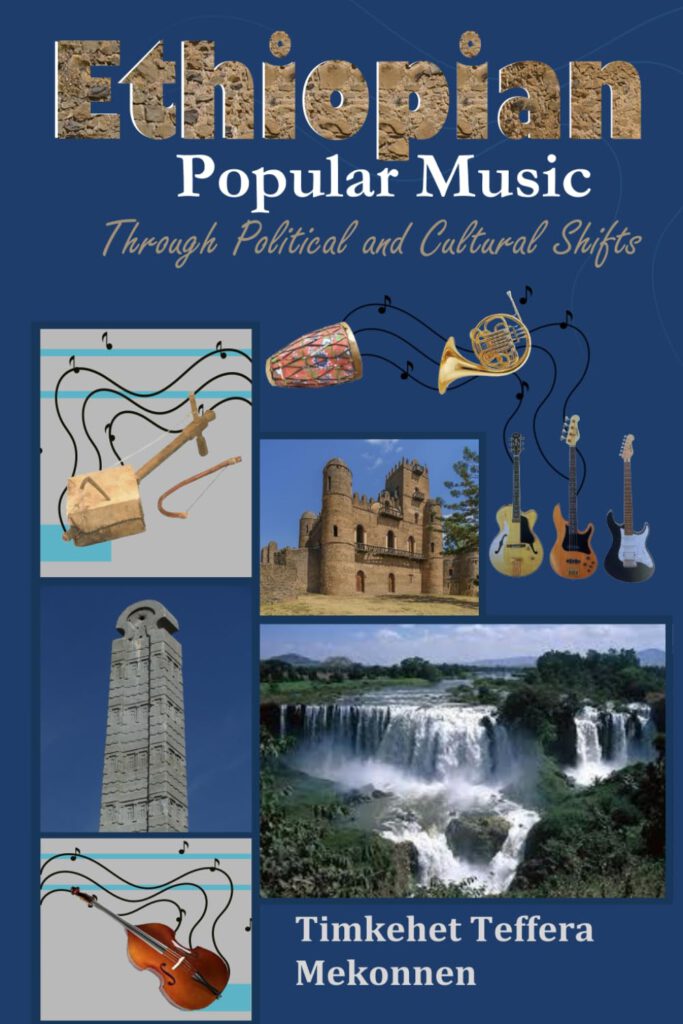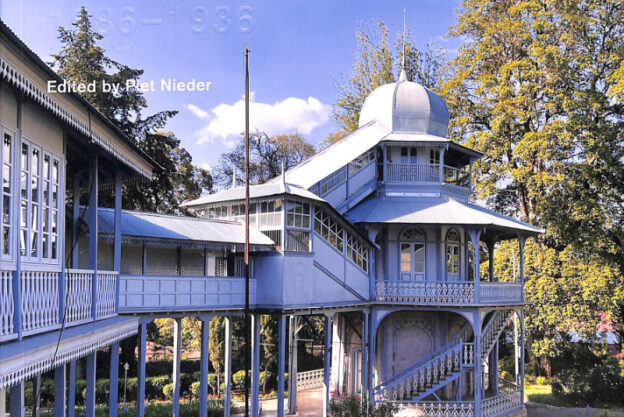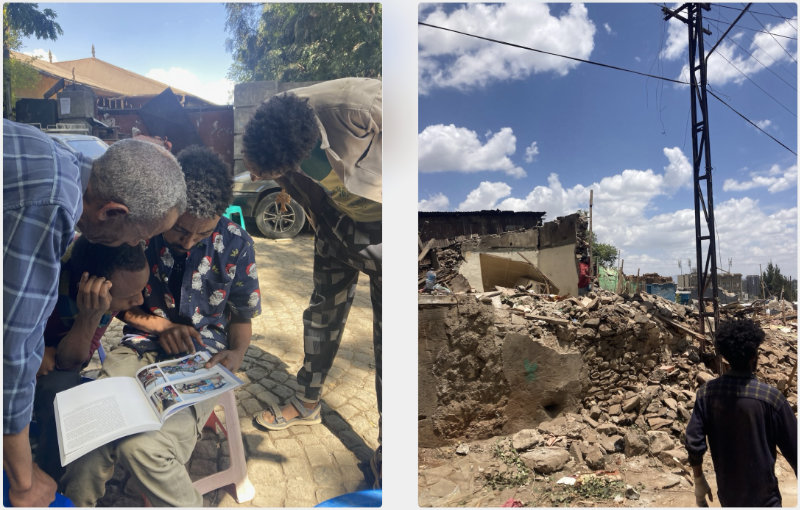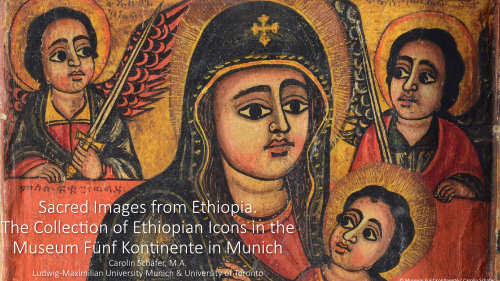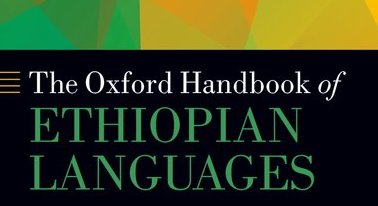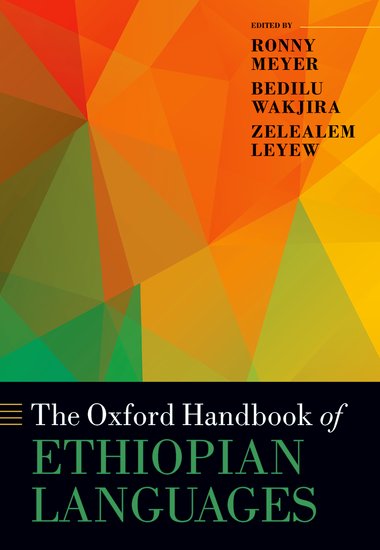Hassan Kochore
05 June 2025,18:00 CET (registration see below)
Marsabit Mountain, located in the eponymous county in northern Kenya, offers a key dry season grazing fallback for pastoralists inhabiting the surrounding lowlands as well as for groups from Southern Ethiopia, especially during periods of protracted droughts. In the 1950s, due to increasing numbers of cattle on the mountain, the British colonial administration introduced what it termed, ‘Marsabit Mountain Grazing Control Rules’ (MMGCR). According to the MMGCR, the cattle allowed to graze on the mountain would be branded. This added a new page to the already existing catalogue of rules (such Game and forest rules and so on) targeted at managing the human population and livestock numbers on the Mountain, and in the township area. The MMGCR particularly targeted cattle numbers, especially those moving between Marsabit and Southern Ethiopia. This led to a protracted struggle between the government officials and the community members over the implementation of the grazing rules. Eventually, a ‘showdown’ with the community that the officials had anticipated materialised. One of the results was that, by official estimations, ’at least half’ of the Boran (one of the agro-pastoralist groups on the mountain) permanently left Marsabit for Southern Ethiopia. Subsequently, the remaining population had to contend with tighter regulations that saw unprecedented levels of contact between the community and the state. Based on Kenya National Archives sources and life history interviews, this presentation (part of a paper in preparation) discusses this critical event. It seeks to make two significant contributions. First, it highlights the specific role of chiefs in the implementation of the MMGCR. Chiefs became important points of contact between the community and the government, managing the demands of the people as well as enforcing government regulations. By critically interrogating this interaction, this paper demonstrates that the nature of the state authority changed significantly. This is down to the fact that chiefs who had previously been, during most of the colonial period, noted to ‘do little good’ to support the administration, became indispensable local level bureaucrats. Secondly, the MMGCR is generally missing from the historiography of the region, eclipsed by the more spectacular decade of secessionist politics and the armed insurgency (The so-called Shifta War) that followed it. This presentation places the MMGCR in the immediate and wider historical context contributing to a closer understanding of colonial environmental ‘conservation’ and the processes of state (un) making in late colonial northern Kenya and elsewhere in the Horn.
Hassan H. Kochore, earned his PhD from the Max Planck Institute for Social Anthropology and Martin-Luther-University, Halle-Wittenberg . He has has published on the Politics of Decentralisation, Centre-Periphery Relations and Ethnographies of Large-Scale Infrastructures with a regional focus on Kenya and southern Ethiopia. He recently led a Rift Valley Institute project that focused on Decentralisation, Trade and Conflict Dynamics on Kenya’s Borders with Ethiopia and Somalia.
Registration by Email
